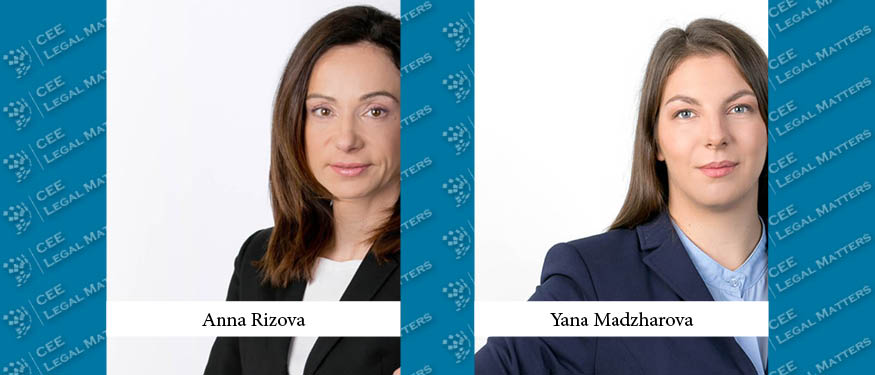With the adoption of the Amendment and Supplement to the Investment Promotion Act (the “FDI Act”) in March 2024, along with the publication in the State Gazette of the long-awaited secondary legislation – the Amendment and Supplement to the Rules on the Implementation of the Investment Promotion Act (the “Rules”) –on 22 July 2025, the FDI screening regime became applicable in Bulgaria. Transactions by foreign investors in the areas outlined in the law, above the set thresholds, would need to obtain FDI approval before closing.
Wide scope of FDI control
Similar to other countries in the CEE region, the scope of investments subject to mandatory screening under the Bulgarian FDI Act is very broad. These include investments in the areas outlined in Article 4 of Regulation (EU) 2019/452 (the EU FDI Regulation):
- Critical infrastructure (including energy transport, water, health, communications, media, financial infrastructure, sensitive facilities and others).
- Critical technologies and dual-use items (such as AI, semiconductors, robotics, aerospace, defence, energy storage, quantum and nuclear technologies).
- Supply of critical inputs, including energy or raw materials, as well as food security.
- Access to sensitive information, including personal data or the ability to control such information.
- The freedom and pluralism of the media.
In addition, Bulgarian FDI Act explicitly covers a wide range of high-tech activities.
Notification thresholds
The relevant thresholds for notifying a transaction are relatively low – an acquisition of at least 10% of shareholding or FDI investments exceeding EUR 2 million. However, for certain FDI transactions there are no minimum thresholds, such as:
- Investments in activities related to oil and petroleum products.
- Investments from an investor from Russia or Belarus.
- Investments that may affect national security and public order.
- Investments where a non-EU State holds (directly or indirectly) a stake in an investor’s share capital or has provided significant financing to the investor.
Application
The Rules prescribe the application form, which requires submission of extensive and detailed information regarding both the investment and the investor. In addition to the requirements of the Bulgarian FDI Act, the Rules provide that immediately prior to issuing the FDI clearance decision, the FDI Council may, at its own discretion, request updated information and documents in addition to those submitted with the application, in view of the final assessment.
Timeline
The screening period is 45 days from the date of complete submission, unless the period is extended or suspended pending a statement from the European Commission. Unlike in some other countries in the region, if the regulator fails to issue a decision within the statutory deadline, tacit approval is deemed granted.
As a next step, the Council of Ministers is expected to appoint the members of the FDI Council. However, this does not preclude the submission of FDI notifications, which should be addressed to the Invest Bulgaria Agency. The Agency will conduct the initial screening for completeness of the notifications.
By Anna Rizova, Partner, and Yana Madzharova, Associate, Wolf Theiss




